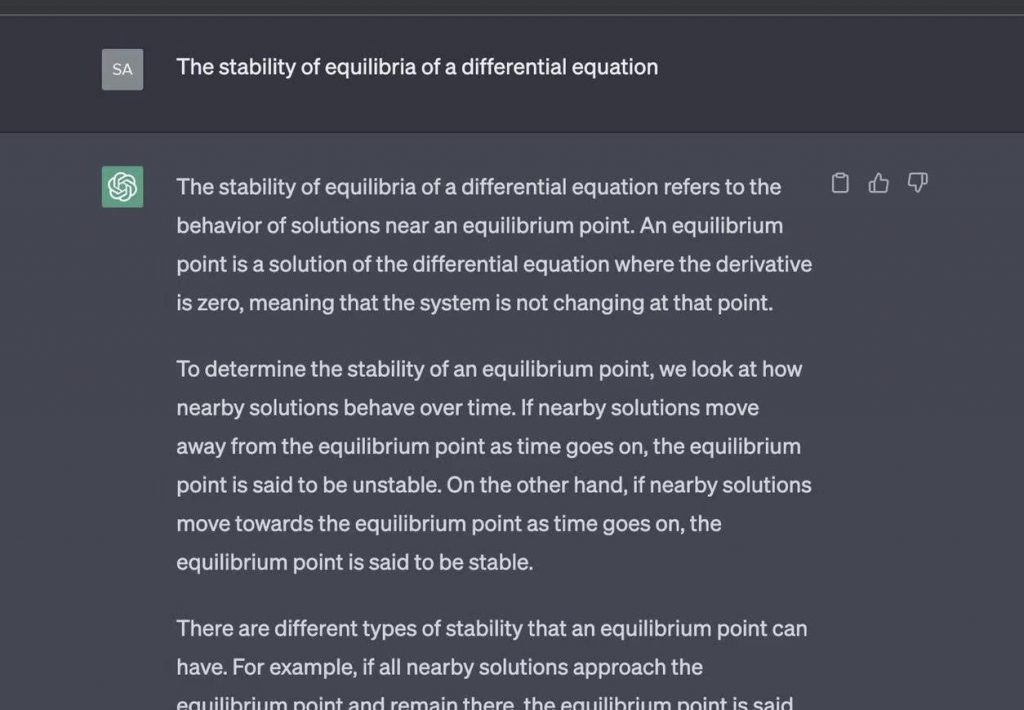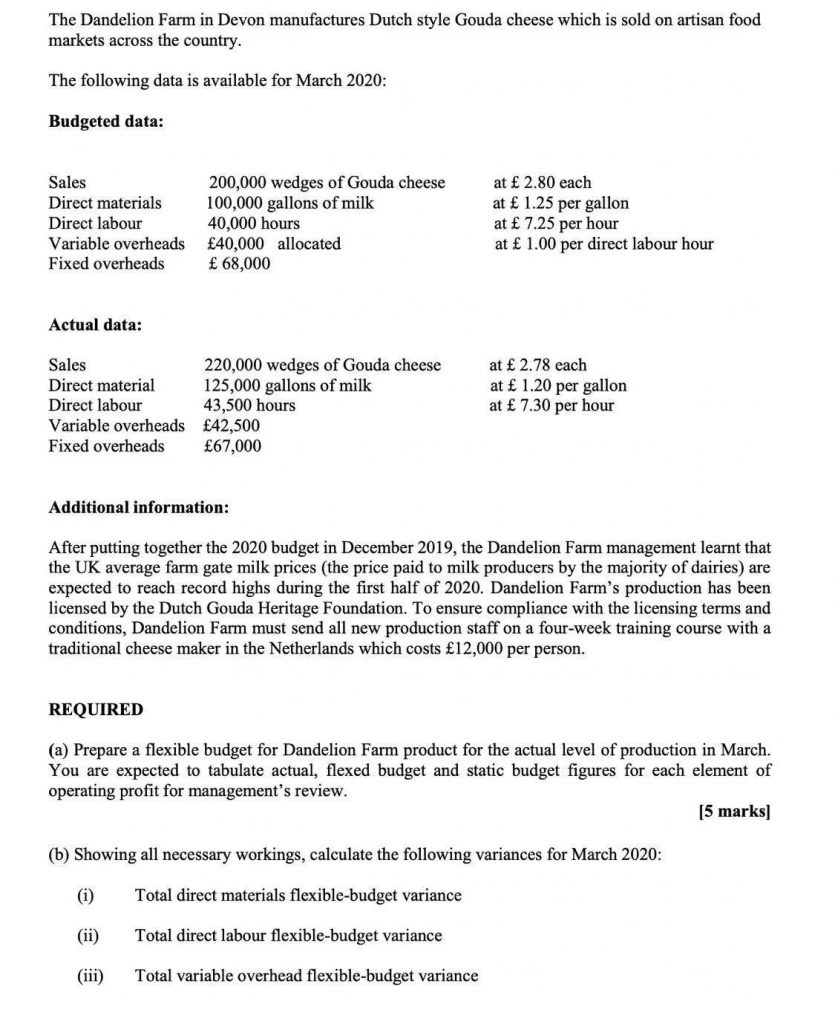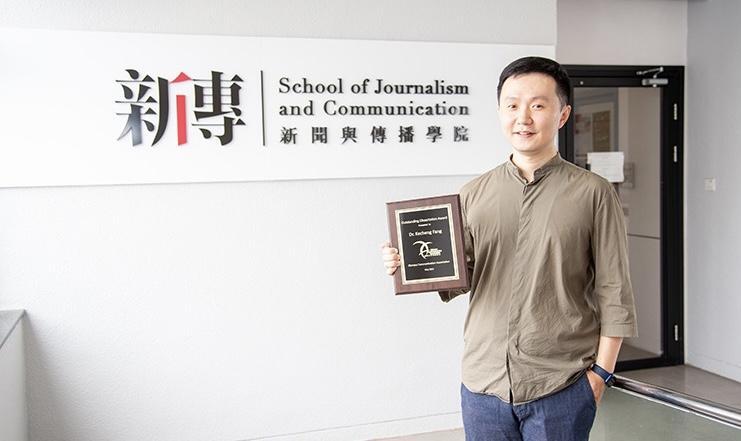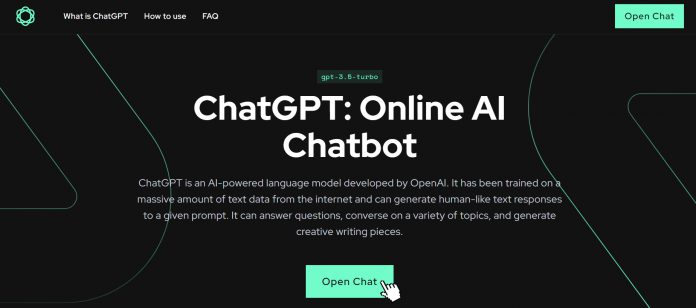When most think ChatGPT can help students do homework and cheat in examinations, it does not work for university students in reality.
By Sean Pan
University student Sam Liao Yuseng has tried using ChatGPT for his Maths coursework, but the AI fails to help him work out the correct answer.
“The latest ChatGPT version can code simple instructions and solve basic Maths equations, but it cannot tackle questions that require specific formulas or methods. I don’t think ChatGPT can do my coursework anytime soon because of its limited ability,” Liao says.
The Melbourne University student says his school has restricted students’ use of ChatGPT.
“We are encouraged to play around with the tool but we cannot use it for our coursework. Our faculty has even changed the examination format from online to handwritten to prevent students from cheating by using ChatGPT,” the computer science major says.
He says ChatGPT is a useful tool for software developers.
“ChatGPT can find mistakes in my codes and debug them. The AI can also generate codes based on the functionality I ask for so it saves me a lot of time learning coding language which I am not familiar with,” the Year Two student says.

Developed by Open AI, ChatGPT is an artificial intelligence chatbot that mimics a human tone for a conversation.
ChatGPT can code, write academic papers, create marketing content, and answer all kinds of questions. Its latest versions GPT-3.5 and GPT-4 were released in November 2022 and in March 2023 respectively.
Another university student Terry Chan Songkun has used ChatGPT to do his coursework.
“ChatGPT is good at summarising articles and brainstorming essay ideas. But it cannot solve challenging Maths questions or analyse quantitative data,” the accounting and finance student at the London School of Economics and Political Science says.
“A few of my classmates used ChatGPT to write an entire academic paper. But ChatGPT is banned at our school so they ended up getting suspended. I will not take such a risk,” he adds.

College freshman Cynthia Hu Xinyu has stopped using ChatGPT after testing it a few times for essay writing because she does not find the tool helpful.
“ChatGPT has a very formulaic writing style so it cannot write with a personal touch like a human writer does,” the global communication major student says.
The student reporter of Varsity Magazine also finds that ChatGPT cannot produce good news stories.
“AI is prone to existing data biases so its work can hardly be neutral. But good human journalists can identify those biases and try to stay objective,” the student at the Chinese University of Hong Kong (CUHK) says.
“Good news writing requires decent storytelling skills. But ChatGPT currently has very robotic and dull writing so it cannot craft stories in a compelling way. That is why I never use ChatGPT when writing news stories,” she adds.
“AI is prone to existing data biases so its work can hardly be neutral.”
Professor Fang Kecheng of the School of Journalism and Communication at CUHK encourages his students to use ChatGPT as a tool to improve the quality of their course work, but not to do papers from scratch.
“ChatGPT cannot do literature writing, write research papers or news articles. It can be used for proofreading or polishing articles. It does not have the ability to create original work or express opinions that stand in articles,” he says.

“ChatGPT cannot do literature writing, write research papers or news articles. It can be used for proofreading or polishing articles. It does not have the ability to create original work or express opinions that stand in articles,” he says.
“Subjects like computer science aim to create codes with higher efficiency and less wastage. ChatGPT can’t do that,” Fang adds.
Edited by Karmen Yip
Sub-edited by Victoria Fong







































